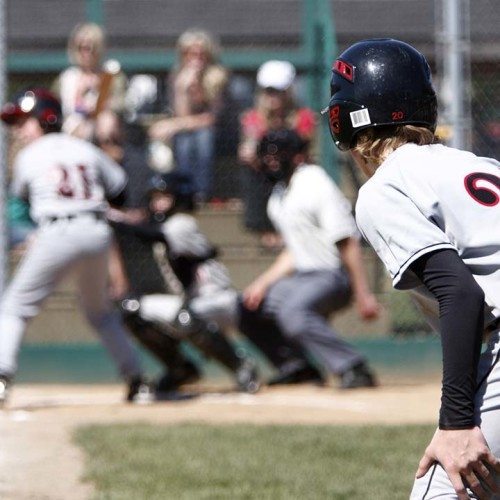Questions?
Frequently Asked Questions about Volunteering at CJI
Can I volunteer for more than one program?
Can I volunteer for more than one program?
At CJI we require consistency and reliability from each of our volunteers. Therefore, we allow new volunteers to commit to one program for a minimum of one year before assessing if they are eligible to participate in more than one program.
I’ve got a criminal record – can I still volunteer?
I’ve got a criminal record – can I still volunteer?
Though our volunteer screening process includes a criminal records check, past involvement with the justice system does not necessarily exclude you from volunteering with CJI. Discuss any concerns you may have with our Volunteer Coordinator, Peggy LaFlamme.
How old do I have to be to volunteer?
How old do I have to be to volunteer?
The minimum age requirement to volunteer for most programs at CJI is 19. Some of our programs that provide reintegration support for individuals, such as Stride and StrideMen, require a higher age requirement due to the nature of the program.
Will I get training?
Will I get training?
Yes, all programs require specific training that will vary in length and cost. Specific information about each program is shared at our volunteer orientation nights that occur at least six times throughout the year.
How much time do I need to volunteer?
How much time do I need to volunteer?
At CJI we require a minimum one year commitment from all volunteers to ensure that all of our clients feel a sense of consistent support and community from our programs. Time commitments vary between programs ranging from 1.5 – 6 hours per week. More information on program specific requirements are available at an agency orientation night. Student placements require different qualifications.
What are some of the qualities you look for in volunteers?
What are some of the qualities you look for in volunteers?
We are looking for people that demonstrate respect and integrity and are non-judgmental. We do not expect our volunteers to have professional training. In fact, we provide necessary training to all volunteers. Rather than over-professionalizing our important peace-building activities, CJI
staff equip and support well-trained volunteers from the community as they carry out our frontline work. CJI staff coordinate services while volunteers deliver them.
I want to volunteer. How and where do I start?
I want to volunteer. How and where do I start?
The first step to becoming a volunteer is to fill out the volunteer application form and attend an agency orientation.
What is Restorative Justice?
What is Restorative Justice?
Restorative Justice (RJ) is a way of addressing conflict and crime that enables the person who caused the harm, people who were affected by the harm, and the community to create a meaningful solution.
In contrast to the traditional justice system in Canada which seeks to establish a punishment for each act of wrongdoing assuming that will contribute to victim and societal satisfaction, RJ focuses on repairing damage and restoring relationships.
Restorative justice is not a specific model, instead it is a set of principles, placing a focus on respect, integration, democracy, advocacy and honesty. These principles can be flexibly applied to a variety of situations of conflict, crime, abuse, etc.
Does training have a cost?
Does training have a cost?
Cost for training varies by program. Detailed information about training is shared at volunteer orientation nights.
What if I cannot afford the training fees?
What if I cannot afford the training fees?
Once I am a volunteer, what kind of supervision and support can I expect?
Once I am a volunteer, what kind of supervision and support can I expect?
CJI has a team of 20+ full-time staff that are devoted to coordinating and supporting volunteers. If at any point you feel unequipped for a situation you can reach out to your Volunteer Coordinator/ Service Coordinator for support.
In many programs volunteers are provided support after each group meeting, regular contact and formal supervision meetings. Supervision is also provided through regularly scheduled peer supports.


 READ MORE
READ MORE




